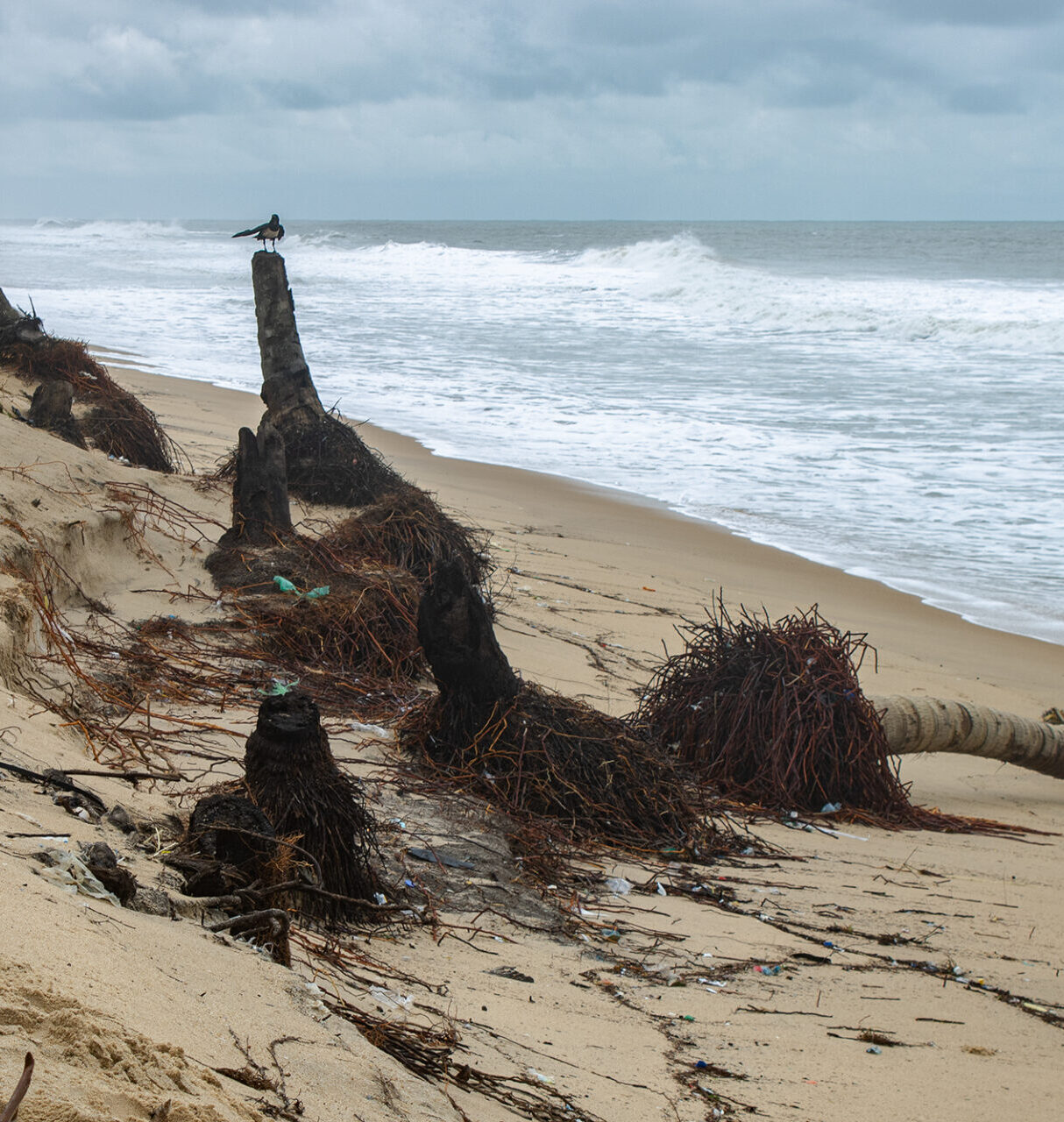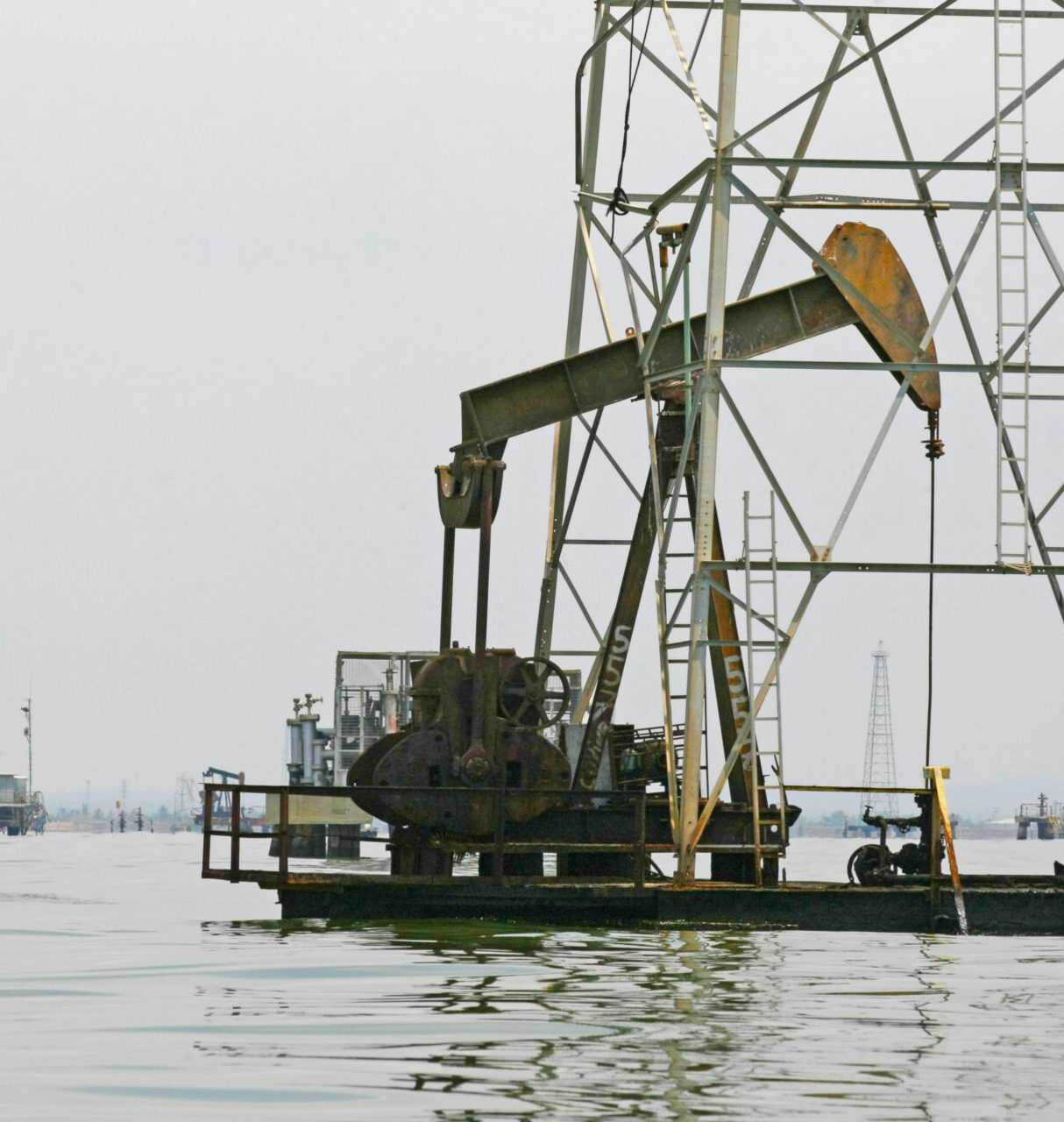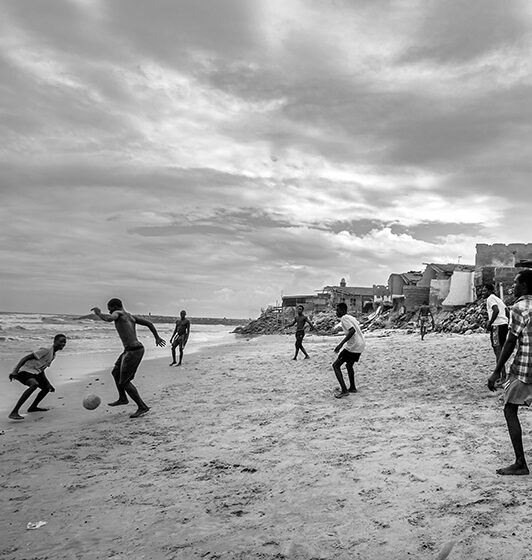E-PSCI 53
Marine Geochemistry
The ocean is central to how our planet will respond to anthropogenic climate change, and understanding its chemistry unlocks a deeper look into that response. This course is an introduction to that conversation, drawing from real world examples (marine CO2 uptake, coastal eutrophication, marine deoxygenation, the effects of mining, warming of the arctic, etc) and employs a variety of avenues for engagement. The class will include lectures, asynchronous video content, student-led modules, group work and discussions, all supported by a weekly section to dig deeper into key concepts. Along the way, the class will cover basic chemical principles (thermodynamics, solubility, saturation, redox, etc.) and the cycling of key biogeochemical elements (carbon, hydrogen, oxygen, nitrogen, sulfur, and phosphorus) in and around the ocean.









